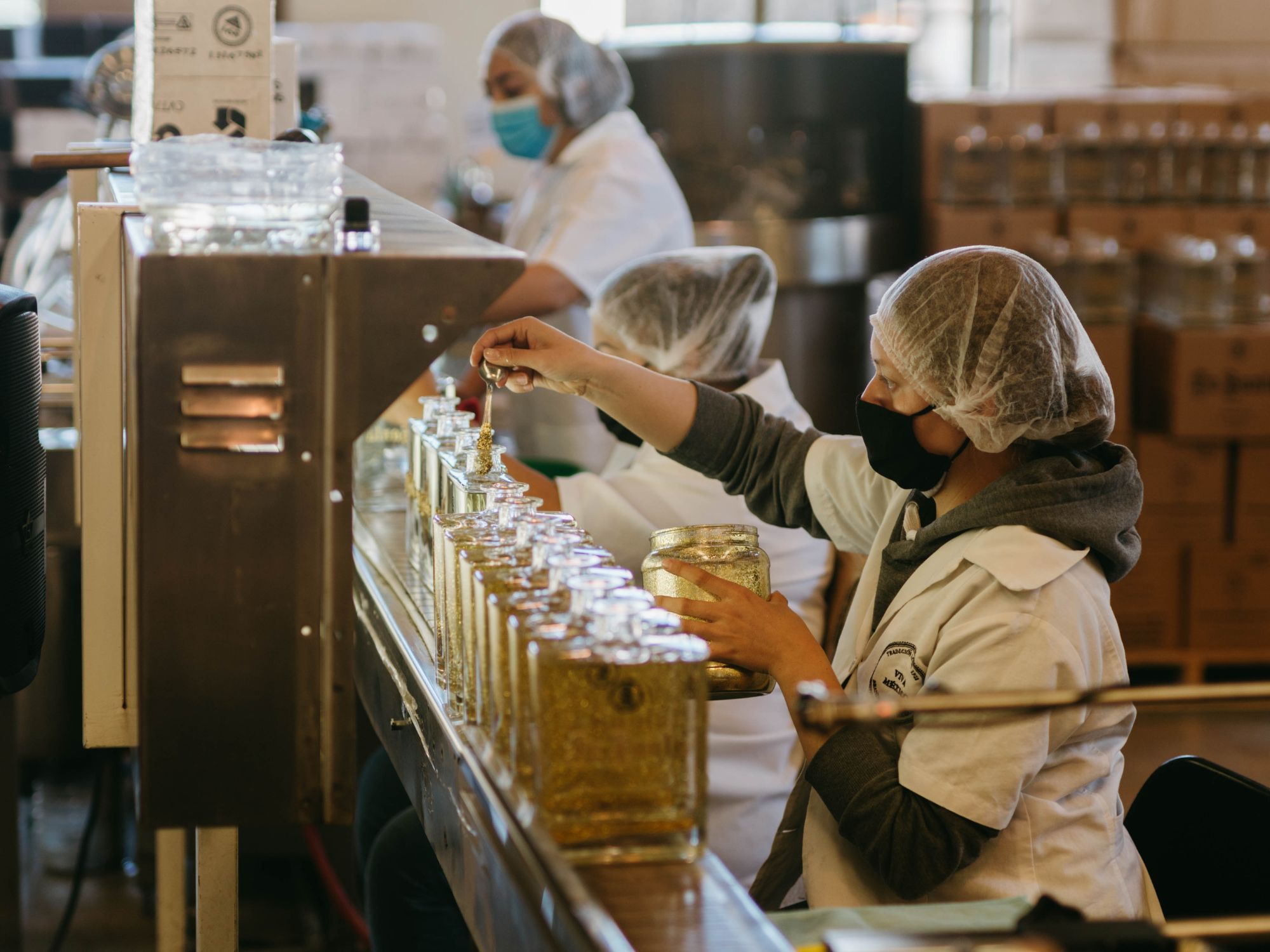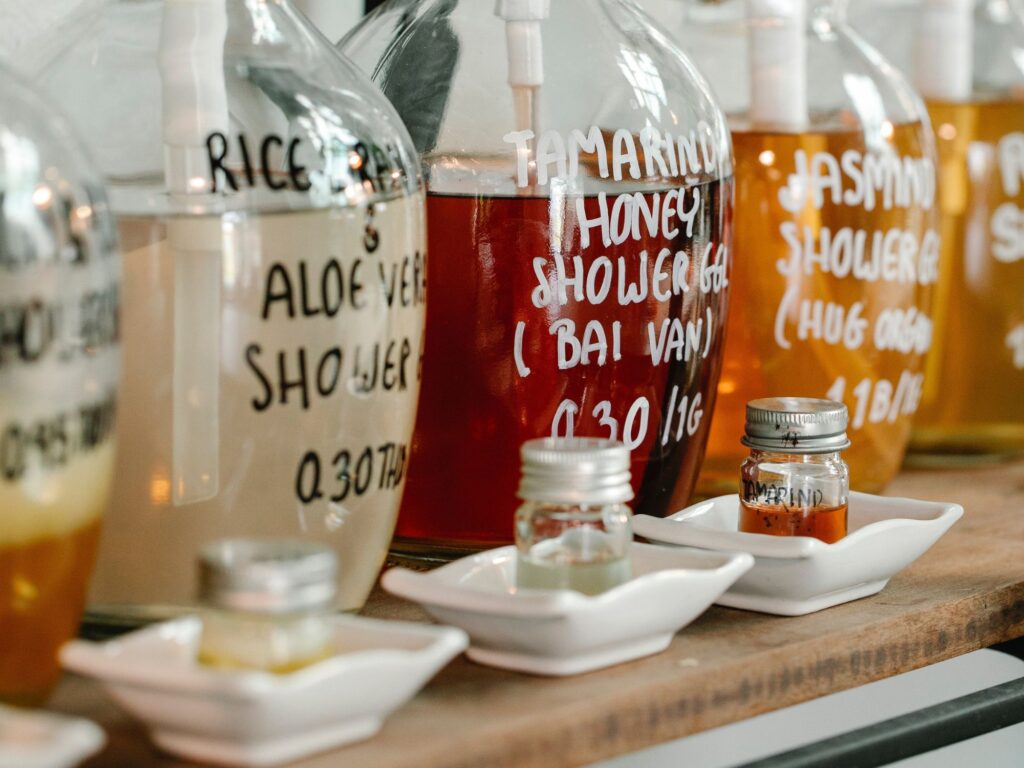
As a small business owner, you want to ensure your customers are always getting the best from you. If you make your own products, it can be easier to control quality. However, once you start expanding, or if you sell a product you cannot manufacture yourself, it may be necessary to outsource a place for your production. If you do this, you’ll want to get a full understanding of GMP as a small business owner. And in addition, you will want learn how to achieve your GMP certification.
What is GMP?

Let’s start with the basics… what does GMP stand for? GMP stands for Good Manufacturing Practice. GMP helps enforce guidelines to ensure that companies are consistent in executing safe. As well as abiding by standard procedures that are in correlation to keeping products clear of contamination. As a small business owner, you’ll want to weigh the benefits of GMP.
How does GMP effect your small business?
You may be wondering if GMP is something that is totally necessary for your small business. As a small business owner, you should recognize that businesses who have GMP certification are looked to have a sparkling reputation. This is because of their efforts to go above and beyond for the safety of their consumers. As well as quality of their products. A GMP logo is a symbol of trust and respect in the consumer and FDA community. Understanding GMP as a small business owner can only benefit you in the long run.
If you manufacture your small business products outside the limitations of yourself, then you will want to consider a GMP certified facility. GMP helps reinforce the accuracy behind your product’s design. It also ensures the manufacturing process is running through safe and appropriate guidelines set by higher business enforcement. For example, the FDA.
If you value the dollars put into your small business, you’ll want to consider the GMP simply for overall quality control. It’s also important to note that a lot of production sites require GMP to be a legal running manufacturing site. If your small business falls within the category of cosmetic products, therapeutic products, medicated oils or balms, then you’ll want to make sure you do your homework. You should consider this while beginning the process of outsourcing your production line.
How to obtain GMP Certification

Earning a GMP Certification is no small feat. Businesses interesting in earning a GMP certification are required to comply with strict operating evaluations, inspections and audits, and gather and complete accurate paperwork for GMP documentation through the FDA. There are also fees involved with getting your certification that are non-negotiable. Depending on the size of your facility, this could range from $1500-$6500. You’ll want to estimate what this number is for your business ahead of time.
After these have been completed, then an official auditor must approve that your business’s facility does in fact meet GMP requirements. Then your facility is required to continue to reinforce these ongoing standards, which is known as cGMP (current GMP). Once you begin practicing cGMP, you’re certification will be valid for 3 years before you have to begin the process again.
Although, it is can be challenging to obtain a GMP status facility, it’s not difficult to understanding why GMP is important to consider for a small business. Want to know more about documents required for running a small business? Tell us your topic of concern in the comments!

